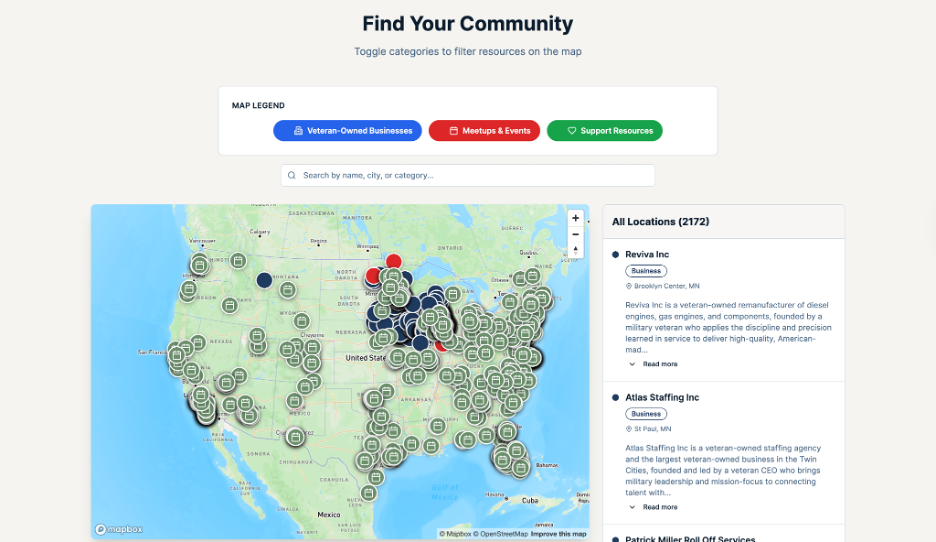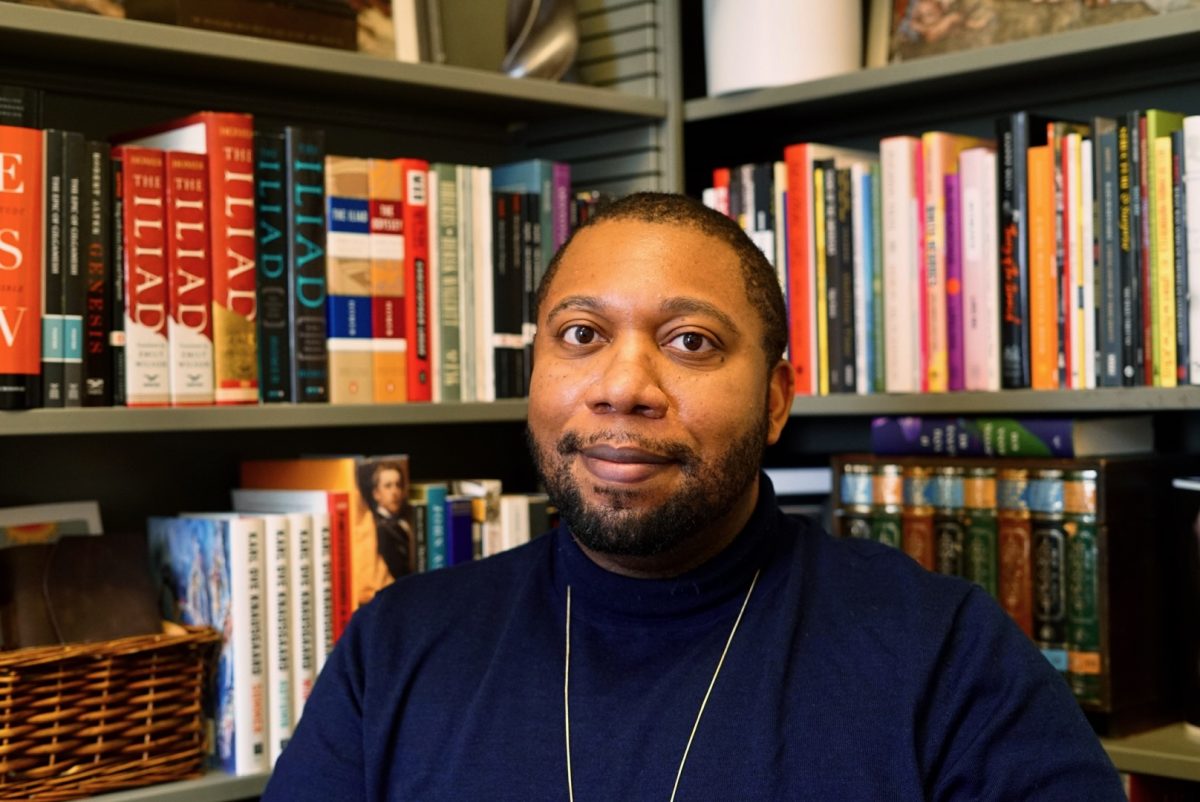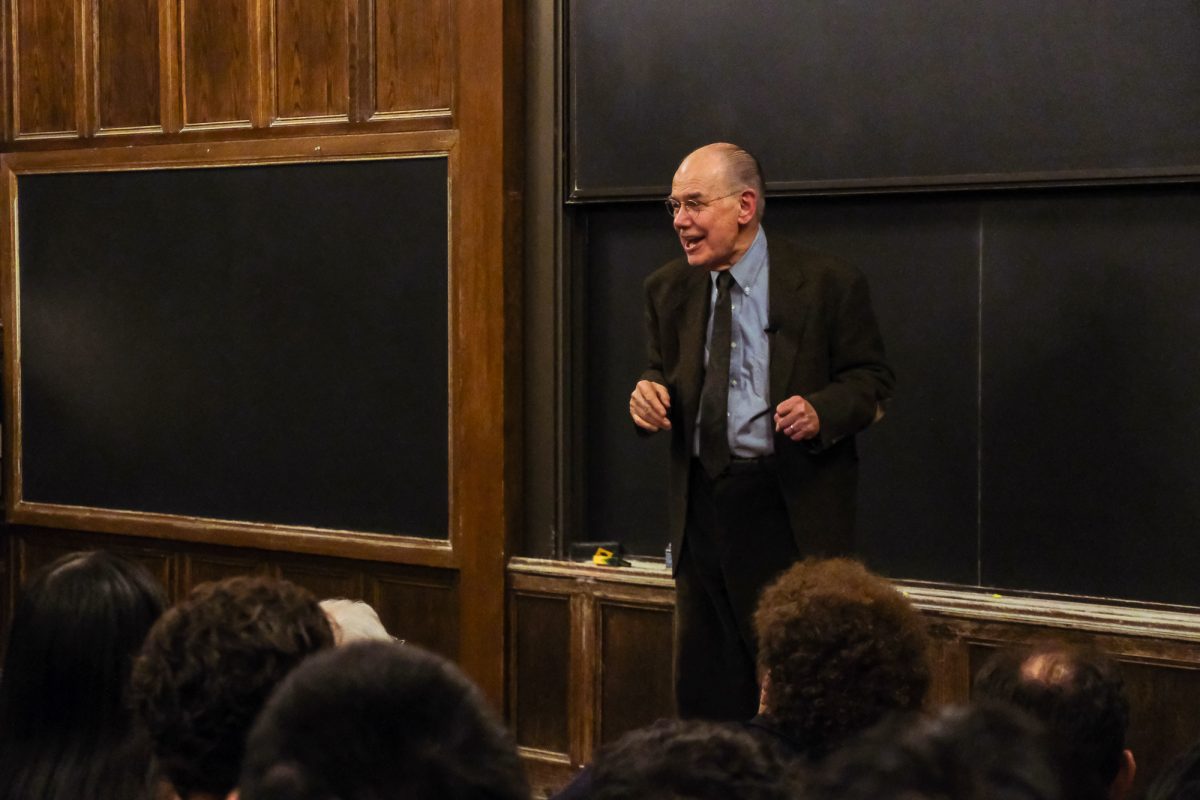Hundreds of Chicago’s most prominent minority- and women- business owners poured into the Quadrangle Club last night for the University’s third annual Business Diversity Symposium, where Governor Pat Quinn hailed the U of C’s strategy for improving diversity among its contractors as a model for colleges statewide
The crowd of 235 included local politicians and officers from several influential law firms, investment houses, and publishing companies.
Quinn lauded the University’s work in reaching out to minority- and women-owned businesses.
“We have some big schools [in Chicago], like Northwestern, Loyola, Depaul, and ITT, and everybody may have their own approach, but [the University’s] model really looks at outcome—outcome, as in how many businesses actually get to do business at the University of Chicago?” Quinn said in an interview after his speech. “The model is based on face-to-face contact, [on] personal relations, so that people can know what the rules are.”
The event, hosted annually since 2009, has led to some highly lucrative contracts with money managers and other minority- and women-owned professional service providers—companies, like recently contracted EARNEST Partners, LLC, that handle the University’s vast holdings and offer it legal and financial consulting.
The University of Chicago Medical Center (UCMC) has hired six such companies—two legal firms, two investment banking firms, and two marketing firms—through the symposiums, according to UCMC Business Diversity Manager James Williams.
Williams maintained that the University’s commitment to improving “business diversity” is in the interest of all parties. The University’s Chief Financial Officer, Nim Chinniah, also rebuffed insinuations that the University has a specific bottom line in mind when it contracts out to minority- and women-owned businesses.
“I don’t think you want to measure [the success of diversity initiatives] by numbers,” Chinniah said. “That’s the wrong way to look at it—it really is about creating more opportunity for more firms.”
Nonetheless, there has been a correlation between the University’s new partners and its recent recovery from the 2008 recession. Last fiscal year, the University posted a 18.9 percent yield on its investments, bringing its endowment up by $500 million after suffering precipitous losses during fiscal year 2009.
Chinniah was skeptical about a link between the endowment’s rebound and the arrival of minority- and women-owned money managers.
“I don’t think there’s necessarily a link,” Chinniah said. “The fact is that we want a more diverse group of people handling our money.”
Fourth-year Luis Amaya, a Latin American studies major and one of several students invited to the event by the Office of Multicultural Student Affairs (OMSA), argued that the University had a vested interest in reaching out to minorities and women.
“As a Mexican-American, a student of color, I could only benefit from this, [from] meeting other people who are like me, who have gone through similar troubles, similar hardships,” he said. “This is what’s going on right now: the demographics [in America] are changing. If you don’t adapt for the future, you’re going to lose it.”







